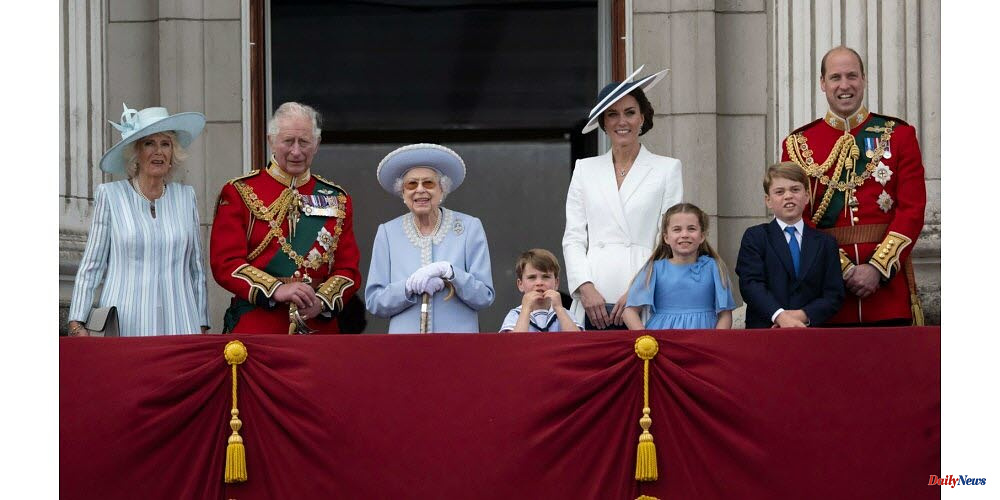Sunday marks the end of Elizabeth II's Platinum Jubilee celebrations. The British have not lost their enthusiasm after Thursday's parade and appearance on the balcony. Friday saw a mass and Saturday was a horse race in Epsom. On Saturday, there was a free concert at Buckingham Palace with Duran Duran and Diana Ross. On Sunday, the British will gather with their neighbors at picnics in various parts of the country for a celebratory lunch. It was still raining. Prince Charles and Camilla should also take part at the famous cricket ground The Oval.
Which image is the monarchy? Why choose popular celebrations over protocol? Marta Pagnini is a PhD student in sociology from the London School of Economics and Political Science. She answers our questions.
Is the British monarchy able to adapt to the changing times?
The British monarchy is a institution that embodies both continuity and evolution when it comes to its public services, particularly its program of public activities. There is strong continuity. Certain rituals and obligations are not changed over time. This includes its ceremonial role in investitures and diplomatic meetings.
This seemingly static institution is actually undergoing a constant evolution. It is also constantly trying to adapt its public image to the ever-faster media changes and to survive any crises of legitimacy.
How did the race for adaptation begin?
"During Elizabeth II's reign, the monarchical institution was adapted to technological changes in media. The main media tool by which the British monarchy has created its public image have been represented in different ways: television in the 1950s, paparazzi journalism in 1980s, and social media in the last two decades.
Why is the monarchy so focused on its legitimacy?
It's about survival in an historical era when hereditary power is increasingly challenged and elite privileges are more threatened. Sociology has always been interested in the changes in cultural practices of dominant groups in Britain to maintain their legitimacy and position. The 2020 study by Professors Sam Friedman, Aaron Reeves and Aaron Reeves shows that elites today engage in more mainstream cultural activities to maintain their position in an egalitarian society. This is why, for example, Prince Edward, Earl and Countess of Wessex and Sophie tried to make pizzas with students at a school on Isle of Wight. . Or the June 4th omelet contest.












